PM launches Ehsaas Education Stipends programme
3 min readPrime Minister Imran Khan on Wednesday said the government’s efforts were underway to ensure inclusion of over 20 million children across the country who were out of schools in the educational mainstream.
“The government is focused on providing education to all children across the country and giving incentives to prevent dropouts from schools,” said the prime minister while addressing the launch of Ehsaas Education Stipends programme.
The stipends programme aims at providing financial assistance to the deserving households for the education of their children at primary, secondary and higher secondary levels.
The programme was rolled out nationwide in 160 districts and it has been structured to give higher amount of stipend to girls as compared to boys.
The premier said ensuring education for all was a priority of the government, adding that stipends would be a step to encourage parents to send their children, particularly girls to schools.
“An educated woman can contribute more positively towards the society,” he said, lauding the policy of the programme to give higher amount of stipends to girls.
Terming educated human resource a great asset for a nation, he said it was important to provide educational opportunities to both boys and girls.
The prime minister appreciated the distribution of stipends by using the information technology as it would be a transparent process after proper checking of fake entries and ghost schools.
Meanwhile, he also announced a one-time Ehsaas graduation bonus of Rs3,000 to encourage girls for to complete their primary education. The award will be conferred to girl students who belong to Ehsaas eligible families after completing Grade 5. The graduation bonus has been designed to encourage girls’ education till secondary level.
Addressing the ceremony, Special Assistant to Prime Minister on Social Welfare Dr Sania Nishtar said under the Ehsaas Education Stipends, the primary school boys would get quarterly stipends of Rs1,500 and girls would get Rs2,000; secondary school boys would get Rs2,500 and girls would get Rs3,000; and at higher secondary level boys would get Rs3,500 and girls would get Rs4,000 a quarter.
“All education stipends would be paid biometrically to mothers after the attainment of 70 per cent attendance by their children,”Nishtar said, adding the programme would empower the deserving families to overcome financial barriers in accessing higher education and this was planned as a part of ‘Post-Covid-Ehsaas Strategy’.
Poverty is one of the most persistent barriers to acquiring education. Presently, there are 18.7 million children in the age group 6 to 16 who remain out of school in the country and the fall out of Covid has also accentuated it. The Education Conditional Cash Transfers are an important pillar of Ehsaas and are included in the Ehsaas framework as Policy #73 ‘Education Conditional Cash Transfers’.
The Education Conditional Cash Transfers (CCT) serve the dual purpose of socially assisting vulnerable households and at the same time reduce the number of out of school children.
Pakistan has been running an Education Conditional Cash Transfer for primary school going children called Waseela-e-Taleem since 2012 in selected districts. The programme encountered a number of challenges, including high administrative cost charged by NGOs that were administering the programme; high error and fraud due to the programme being paper-based weak compliance monitoring; limited human resource to enroll students into the programme; and low stipend amount being given to children.
Also, it was limited to 5th grade and not included secondary education.
Studies reveal that school drop-out rate increases with age especially for girls in classes five to eight, owing to distance from the school and other associated costs. The previously run education CCT was limited in geographic scope and lacked appropriate federal-provincial partnerships. Also, payments to beneficiaries were being made through the old Benazir Income Support Programme (BISP) payment system which was plagued by many challenges.
For the latest news, follow us on Twitter @Aaj_Urdu. We are also on Facebook, Instagram and YouTube.









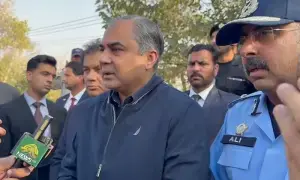



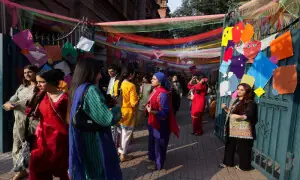


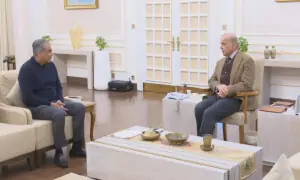
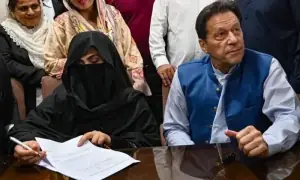
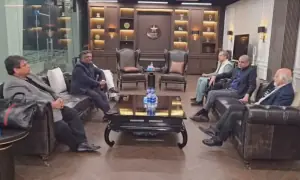
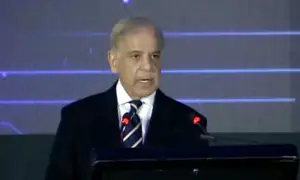


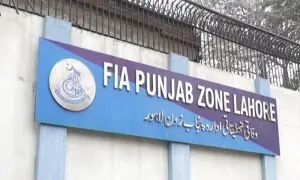

Comments are closed on this story.